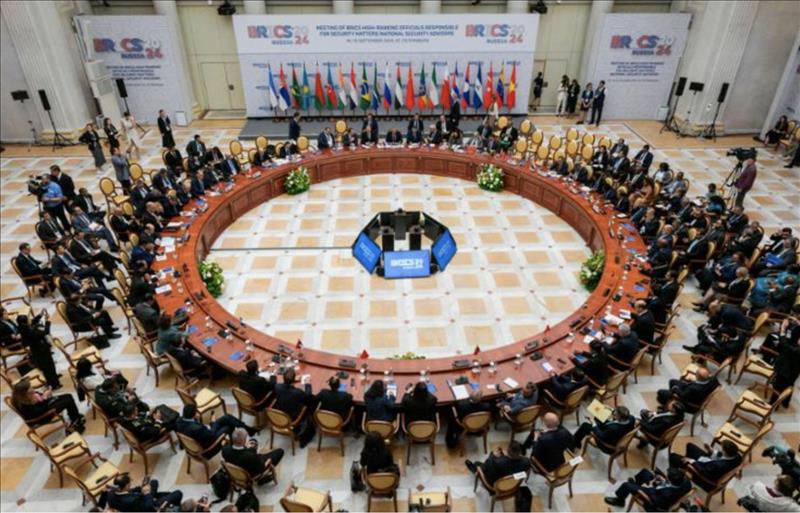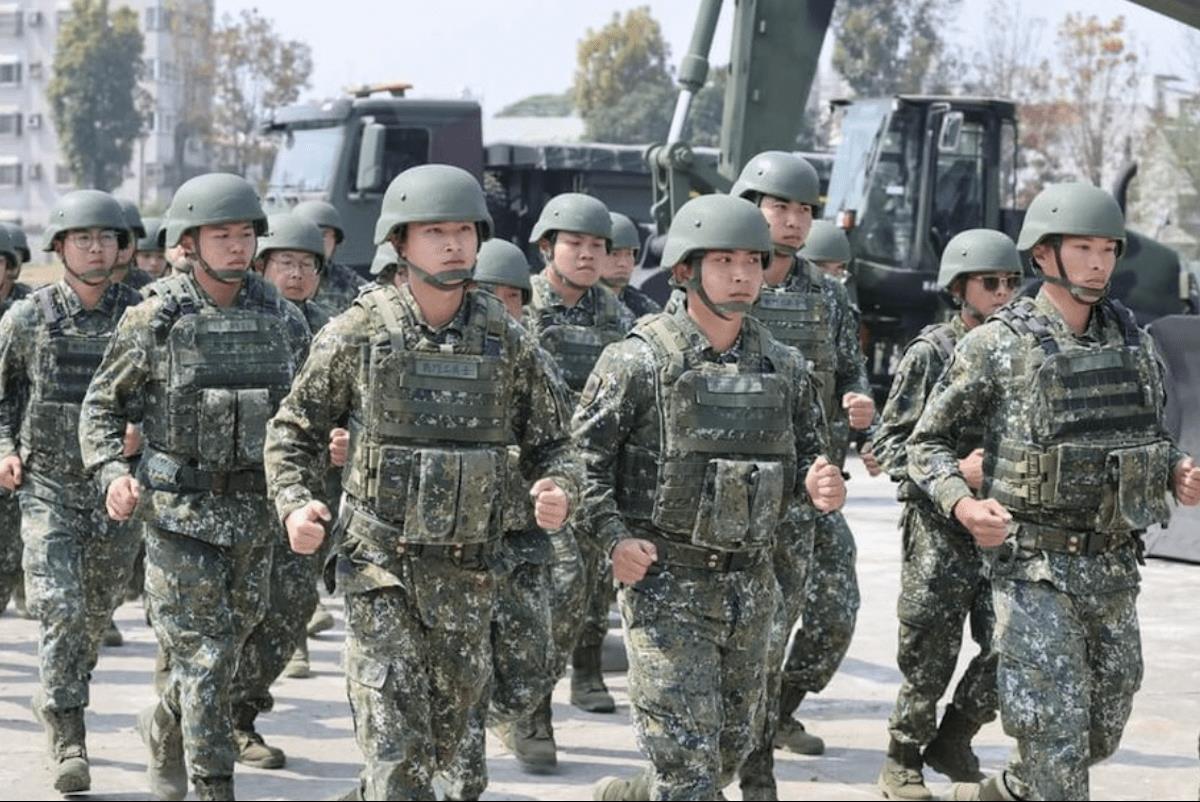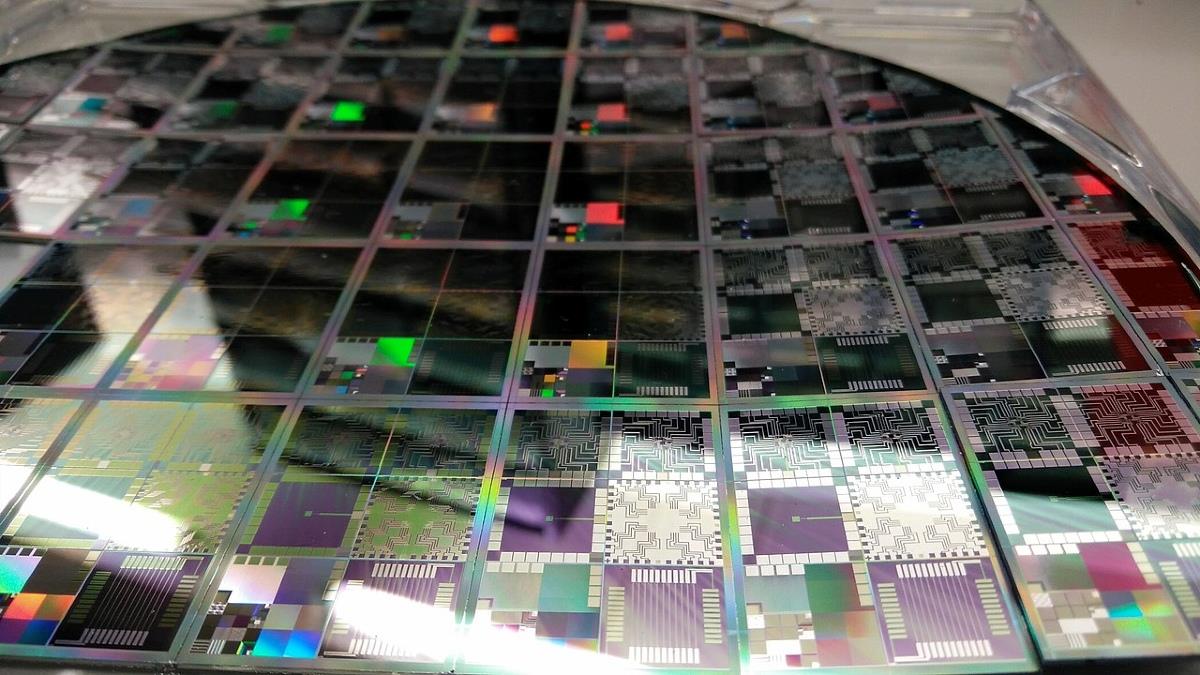
South Korea Eyes A Rich BRICS Road To The Global South
According to recent IMF projections, BRICS countries are set to contribute over 50% of global GDP growth in the coming years, underscoring their increasing weight in the international economic landscape.
China and India, in particular, remain the principal economic engines of the group, each maintaining robust trajectories fueled by China's Belt and Road Initiative (BRI) and India's ascendancy as a prominent manufacturing hub.
Complementing these giants, Russia leverages its vast energy resources, Brazil capitalizes on its agricultural and natural wealth and South Africa anchors the coalition's outreach on the African continent. This strategic diversity enables BRICS to wield considerable influence in shaping global economic and political agendas.
Today, the BRICS is positioning itself as a counterweight to traditional Western-led financial institutions like the IMF and World Bank, aiming to restore balance and justice in the emerging global economic order.
Central to this effort is the New Development Bank (NDB), which began with an initial capital of US$100 billion to fund infrastructure and sustainable projects, extending beyond the BRICS members to other emerging economies.
This initiative, combined with efforts to promote trade in local currencies, reflects a strategy to reduce reliance on dollar-based systems and challenge Western dominance in global financial governance.
Moreover, BRICS has increasingly positioned itself as a representative of the Global South, advocating for principles of non-interference and mutual development.
The 2024 BRICS summit in Russia reinforced this by welcoming Argentina, Egypt, Ethiopia, Iran, Saudi Arabia and the UAE, highlighting its ambition to form a more inclusive grouping with greater global influence.
Today, BRICS is not merely an economic grouping; it represents the desire of the Global South for a shift toward a multipolar global order, with the grouping increasingly diverging from Western narratives on critical geopolitical issues.
This rising influence is reflected in efforts to reshape the international financial architecture, promote new development models, and challenge the dominance of Western-led institutions in international politics.
The group's coherence in advancing the interests of the Global South and its proactive pursuit of economic sovereignty and technological self-reliance is pivotal to its vision of a new world order.
Strategic Seoul positioningSouth Korea's rise as a major economic and technological player has positioned it as an influential actor in global geopolitics. As a significant member of the G20 and an active participant in multilateral forums, South Korea has consistently advocated for greater representation of emerging economies in global governance institutions.
Despite its non-membership in BRICS, South Korea shares many of the coalition's aspirations, particularly in diversifying economic partnerships and reducing dependence on a Western-centric international order.
South Korea's strategic policies, such as the New Southern Policy (NSP), emphasize greater engagement with emerging economies in South and Southeast Asia, regions where BRICS nations, particularly India, hold considerable sway.

Legal Disclaimer:
MENAFN provides the information “as is” without warranty of any kind. We do not accept any responsibility or liability for the accuracy, content, images, videos, licenses, completeness, legality, or reliability of the information contained in this article. If you have any complaints or copyright issues related to this article, kindly contact the provider above.


























Comments
No comment